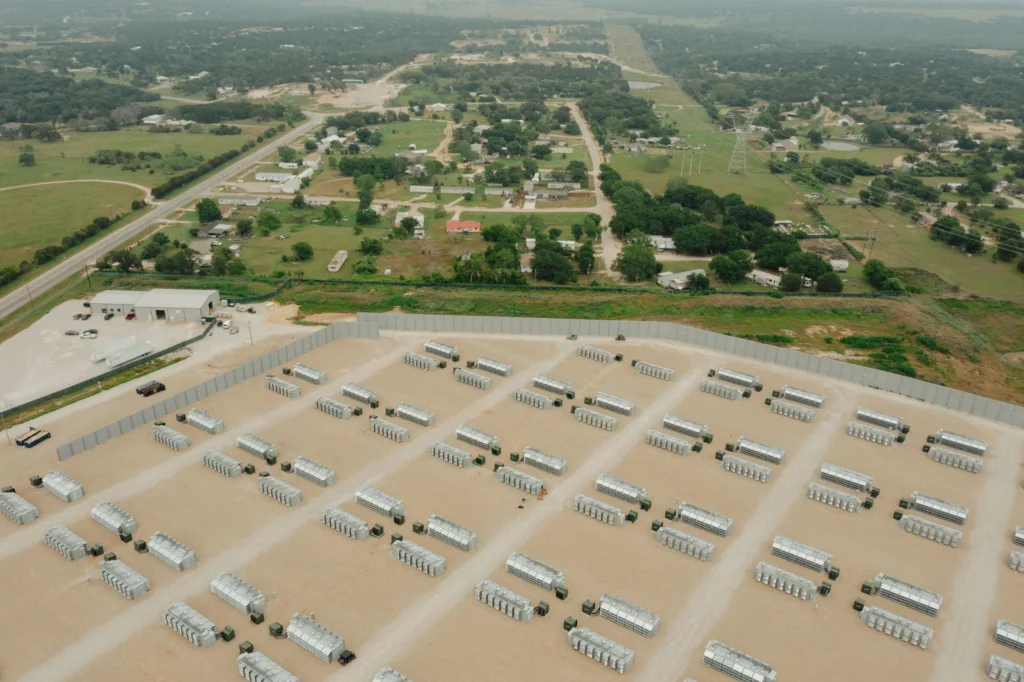Bitcoin mines are popping up across the country, but their arrival isn’t always a cause for celebration. Residents living near these facilities are increasingly reporting a troubling side effect: constant noise pollution.

This isn’t just an annoyance – it may be a health hazard.
Time Magazine documented the plight of Granbury, Texas, where a new bitcoin mine has left residents suffering. Dozens report a range of concerning symptoms, including tinnitus, vertigo, nausea, migraines, heart palpitations, panic attacks, and even seizures. Sleep is a distant memory for some families living closest to the facility.
While directly linking the bitcoin mine, owned by Marathon Digital Holdings, to these ailments is challenging, the evidence is mounting. Studies show prolonged exposure to noise pollution can lead to cardiovascular problems. Granbury’s residents may be a living example of this risk.

The mine began operations in summer 2022. Since then, residents have recorded noise levels as high as 91 decibels during the day and a sleep-disrupting 70 decibels at night. Law enforcement has documented the issue too. A local constable has recorded noise exceeding 85 decibels – a level the CDC considers potentially hazardous with long-term exposure.

This 85-decibel limit, set by Texas law, is the highest in the nation, according to the Noise Pollution Clearinghouse. Unfortunately, residents have limited options. No state law empowers local authorities to shut down the mine. Police can only issue fines, which Marathon’s lawyers are contesting.
Granbury’s residents are left with a choice: endure the noise and potential health risks, or move away from their homes.
Reference- TIME Magazine, BBC, The Guardian, Fortune Magazine






